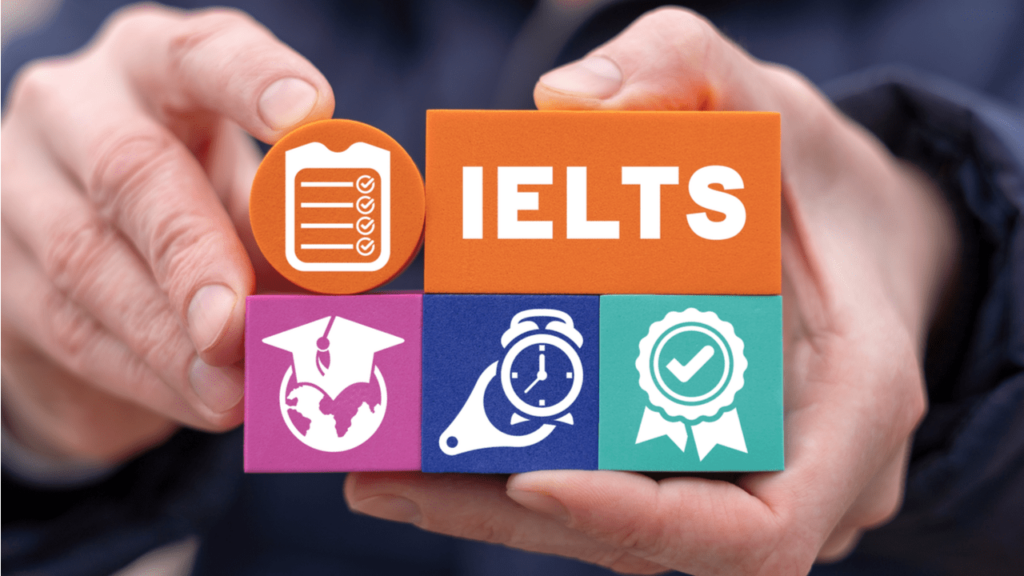Introduction to Personality Vocabulary IELTS
The aspects of language must be employed appropriately while attempting to discuss the subject of personality and people. The aspects one needs to take care of are appropriate vocabulary, diction, and style. The three aspects are intertwined and come with a variety of knowledge as needed by the learners.
To speak with a high English vocabulary, you must use not only content words to strengthen the meaning of your piece but also functional and transitional words to support them with the appropriate expression. This will assist you to overcome any hesitancy in speaking effectively as well as any distractions in the way the conversations are constructed, allowing the examiner to gain a deeper understanding of the value given in your words.
In order to enhance your personality vocabulary IELTS, you must focus on reading more books. Go with the ones with better diction, learn to paraphrase information, take the help of a dictionary to grasp the meaning, synonyms, and antonyms, learn and practise idioms, avoid common errors, and lastly practise to use suitable voice modulation.

List of Words to Describe a Person’s Character:
When asked to describe people and personalities, you can use the following terms:
Crack IELTS Exam in first attempt

Attend Leap’s free masterclass to get tips, tricks and advance strategies to crack IELTS exam in first attempt
Crack IELTS Exam in first attempt
Attend Leap’s free masterclass to get tips, tricks and advance strategies to crack IELTS exam in first attempt

Positive terms
| Word | Meaning |
|---|---|
| Ambitious | Having an intense drive to get success |
| Considerate | Possessing a thoughtful & compassionate personality |
| Cheerful | Possessing a happy or pleasant personality |
| Outgoing | Possessing a social & friendly demeanour |
| Supportive | Someone who provides help when necessary |
| Adventurous | Someone who enjoys taking risks & trying new things |
| Confident | Being self-assured |
Negative terms
| Words | Meaning |
|---|---|
| Stingy | Someone who is averse to sharing |
| Bad-tempered | A person with an unpleasant & furious personality |
| Deceitful | A person who strives to keep the truth hidden |
| Pessimistic | Someone who has a gloomy outlook on life |
| Insensitive | Uncaring or unfeeling for the feelings of others |
Physical characteristics can also be described using a number of words & phrases. The following are some good vocabulary terms to learn:
- Height: Tall, slim, short, or average height
- Build: Chubby, thin, petite, stocky, large, small, muscular
- Hair: Long, short, medium length, red, black, brown, grey, brunette, bald, straight, curly, wavy, thin, voluminous
- Eyes: Blue, brown, dark brown, grey, and green, almond-shaped
- Facial features: Mustache, beard, clean-shaven
- Complexion: Fair, pale, dark, light
List of Idioms & Phrases to Describe a Person’s Character:
Using idioms or phrases can amp up your scores in speaking and writing tests. Following are some words, idioms, and phrases that can be counted in personality vocabulary IELTS:
- bend over backwards: to try hard to assist someone
- broad-minded: willing to accept others’ perspectives or behaviours
- to be the life and soul of the party: a fun and outgoing person who is the centre and encouraging soul of an activity
- easygoing: unfazed and unconcerned about anything
- extrovert: a person who enjoys being in the company of others
- fun-loving: to love having a good time
- fair-mindedness: the ability to treat people fairly.
- painfully shy: terribly shy
- hiding one’s light under a bushel: to conceal one’s abilities and talents
- good sense of humour: the ability to recognise and appreciate the humour
- introvert: a shy person
- to lose one’s temper: to become enraged immediately
- two-faced: not truthful or honest. When they are present, they will say one thing to them and another when they are not.
- thick-skinned: a person who is unaffected by criticism.
- to take after: to resemble or be like (often another member of the family)
- self-effacing: not attempting to attract others’ notice (particularly in terms of concealing one’s skills or abilities).
- self-centred: solely thinks of oneself
Personality Vocabulary IELTS Speaking: Sample Questions
The speaking test will evaluate your ability to communicate in English. You will have 11 to 14 minutes to talk about a variety of subjects with an IELTS examiner during the test. Your exam will be conducted in a silent place along with an examiner who will motivate you to continue speaking. They can also decipher your accent, ensuring that you receive the highest possible grade. The speaking test is divided into three sections.
The examiner will ask you basic questions about yourself as well as inquiries about your home, family, work, studies, and hobbies.
Examiner: Do you find it enjoyable to meet new people?
Ans. Yes, I do. When I am around a group of long-time friends, for example, I feel more confident and calm than when I’m alone, when I feel more frightened and awkward. I believe that at work, I attempt to present myself as professional and in command, even while I am paddling like a swan beneath the surface.
Examiner: Do you consider yourself to be a sociable person?
Ans. I would like to think so because I am always up for organising parties and events. In fact, I can be a bit of a control freak with my keen eye for detail. However, I would be thrilled to be regarded as dependable and trustworthy, as we all need people we can count on. My greatest friends and I have known each other since elementary school, and we absolutely trust each other and pick up where we left off each time we see each other.
Examiner: Is it your habit to be on time or late?
Ans. That is an excellent question! I vow to be on time for both business and social events, but I have a bad tendency to run a few minutes late. I recognise that punctuality is a virtue, and I am constantly humiliated by my tardiness, especially since I am aware that being late is impolite and disrespectful. I’m going to continue to work on improving this flaw.

Conclusion
Using all of the above personality vocabulary IELTS and structuring your sentences around them, telling what you like and dislike about people and personalities to answer all of the questions, as well as proper visualisation and mind mapping techniques, any speaker could spend two minutes without running out of words or failing to deliver or speak the content for the IELTS exam. For more details about preparing for IELTS, head on to LeapScholar.
Frequently Asked Questions:
Is it permissible to use slang during the IELTS speaking exam?
No, because you will be speaking with an examiner rather than a friend. It is important to retain a level of formality. Furthermore, neither negatively nor positively, slang is addressed in the public band descriptions. However, in such a crucial exam, it is advised not to take any chances.
In the IELTS exam, may I use phrases like ‘floccinaucinihilipilification’?
You should not use it unless you are writing a semi-formal or informal letter. Continue to use it during the speaking exam. But make sure you say it correctly.
Is it important to use a lot of jargon in the IELTS exam?
No, to earn a high band score in the IELTS writing and speaking tests, you do not need to use fancy words. You can also effectively express your thoughts in writing and speaking by using simple, everyday terms.






